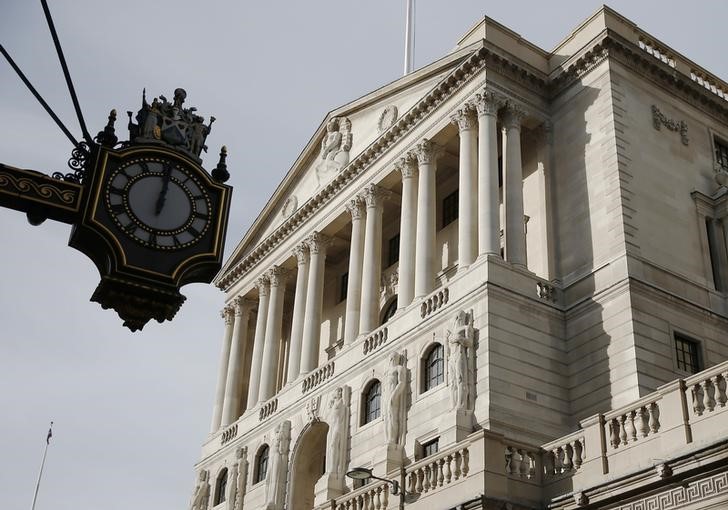By Huw Jones
LONDON (Reuters) - Banks in Britain may face stricter capital requirements to counter relief given to banks in the immediate aftermath of the June vote to leave the European Union, a top Bank of England official said on Thursday.
The BoE said just after the vote, which sparked a sharp fall in sterling, it would allow banks to exclude central bank reserves from calculations of their broad measure of capital known as the leverage ratio.
This would give lenders more leeway to use central bank money to help them keep lending to the economy without facing extra capital requirements.
On Thursday, BoE Deputy Governor Jon Cunliffe said this relief could now be offset in part.
"We will offset this elsewhere to ensure that the overall stringency of the capital requirement is not weakened," Cunliffe told the annual dinner of AFME, a European banking industry body.
The banking industry in London is drawing up contingency plans to move some operations to the continent in the event there will be no unfettered access to the bloc's market after Britain's departure from the European Union.
Cunliffe said that London as a financial center had many "cluster" benefits from the proximity of banks, asset managers and ancillary services built up over many years.
It was conceivable that some activities could shift out of London due to Brexit, Cunliffe said.
"It is in my view more likely that if they are lost in London they would be lost to Europe – for the foreseeable future at the least."
Fragmentation of wholesale financial markets activity in Europe, to the extent it occurs, is likely to have a general cost to European economies, including the United Kingdom, he added.
"And to the extent that the transition to whatever new arrangements will apply is not orderly and smooth, the costs and risks will be greater," Cunliffe said.
